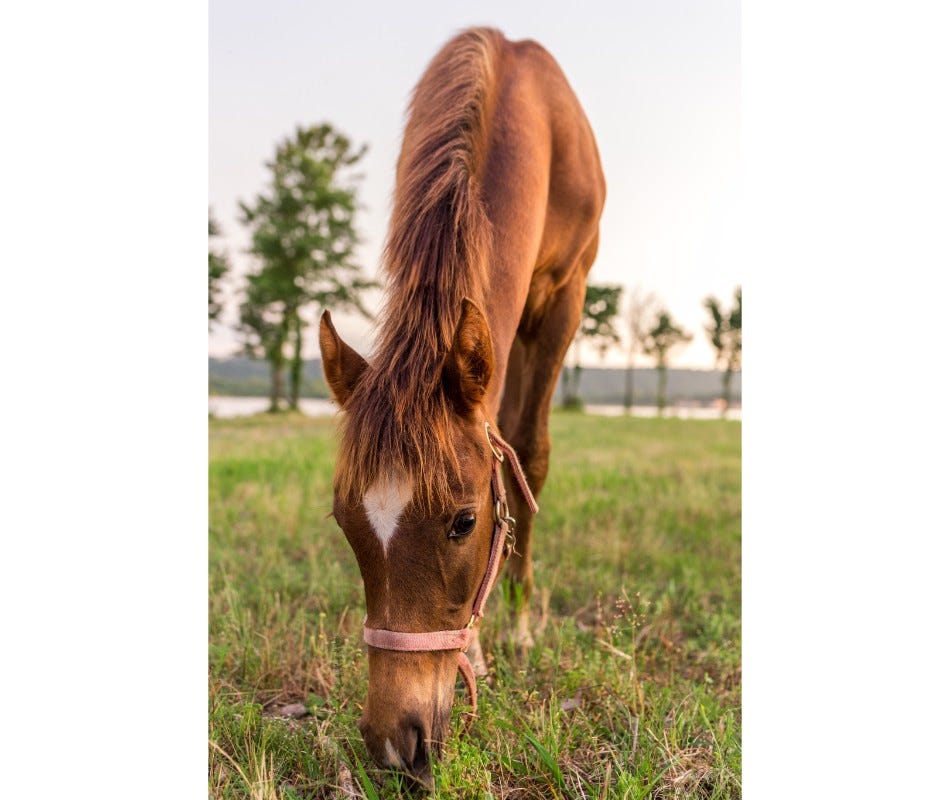We use cookies to make your experience better. To comply with the new e-Privacy directive, we need to ask for your consent to set the cookies. Learn more
AbIver Plus: All Year-Round Battles Against Equine Parasites
How often to deworm?
Giving your horse ultimate protection from equine parasites involves more than a good horse worming program. It also includes boosting his immune system, understanding what situations are considered highly risky for his health, and choosing the right equine dewormers. The immune system does a lot of work in setting up a defense against equine parasites. This may also help you decide when and how frequent you need to deworm.
Healthy adult horses usually have a developed resistance to intestinal parasite infestation. This resistance develops with time through continued exposure to different parasites. Immunity to infestations may be so strong that adults may become low shedders of worm eggs. In preparing your defense against equine parasites, you need to:
- Identify risk factors of your horse.
- Give special considerations to both very young and old horses since they tend to be immuno compromised.
- Observe proper management practices.
- Do at least an annual fecal egg count.
- Be aware of the latest drug-resistant parasites which could be present in your farm, and choose your worming agent accordingly.
Avoid over worming
If your horse does not need deworming, such as Abiver Plus, it is better not to give it. This is not just a waste of your money but it may also lead to development of drug resistance. Complete and total elimination of parasites is not realistic. They have survived for centuries, why can’t they survive now? Even if you have cleaned your environment thoroughly, it still does not mean that you will have zero risk. Each time your horse goes out for grazing, he can still pick up parasites. As for very young and the older horse, they may need deworming more compared to healthy adults because of their compromised immune system.
Various horse wormers are effective against many different parasites but tapeworms are not so susceptible to these agents and they become an important problem. Though tapeworms are not really a big threat compared to other worms, they can cause serious digestive problems when present in large numbers.
So What’s the Best Plan?
If your horse is not at a high risk you may want to consider the following plans (although it is still best to consult with your veterinarian):
- Check fecal egg counts at least 2-4 times per year and administer dewormer only if the results are significantly positive.
- Deworm at least once a year, after the grazing season to target bots and tapeworms (which usually are not confirmed on fecals) using a praziquantel ivermectin combination (AbIver Plus).
- If other wormers are used, perform fecals after worming to check if the drug is working.
If your horse is at high risk:
- Perform regular fecals at appropriate intervals (i.e. 6-8 weeks after treatment with ivermectin wormers, etc). If using other class of wormers, it is best to do fecals every four weeks after each worming schedule.
- Deworm twice every year, during the start and end of the grazing season, preferably with AbIver Plus.
Your horse worming program may be different from many horse owners. The program assigned to you will be based on the severity of the infection from the result of the fecal egg counts. When deworming a horse, always consult your veterinarian for the best program in fighting equine parasites all throughout the year.









Validate your login